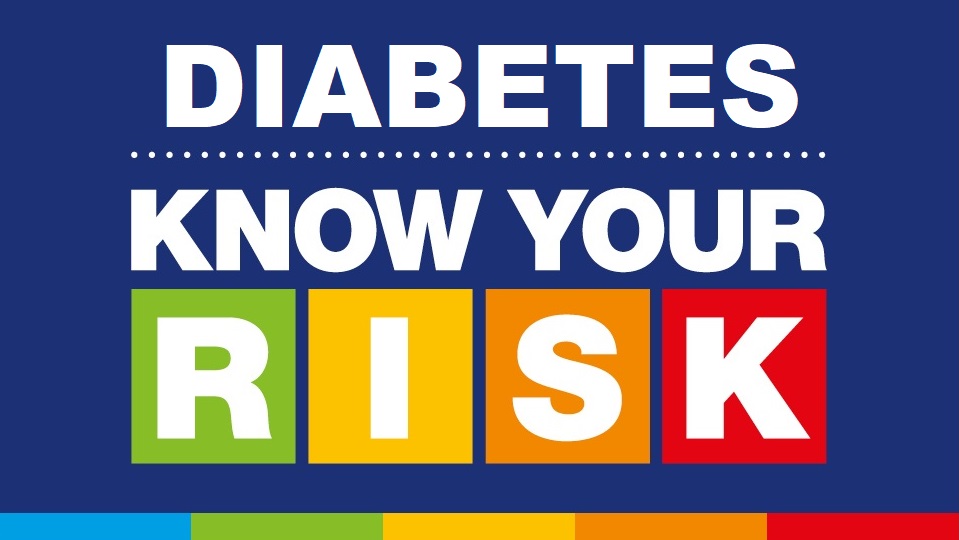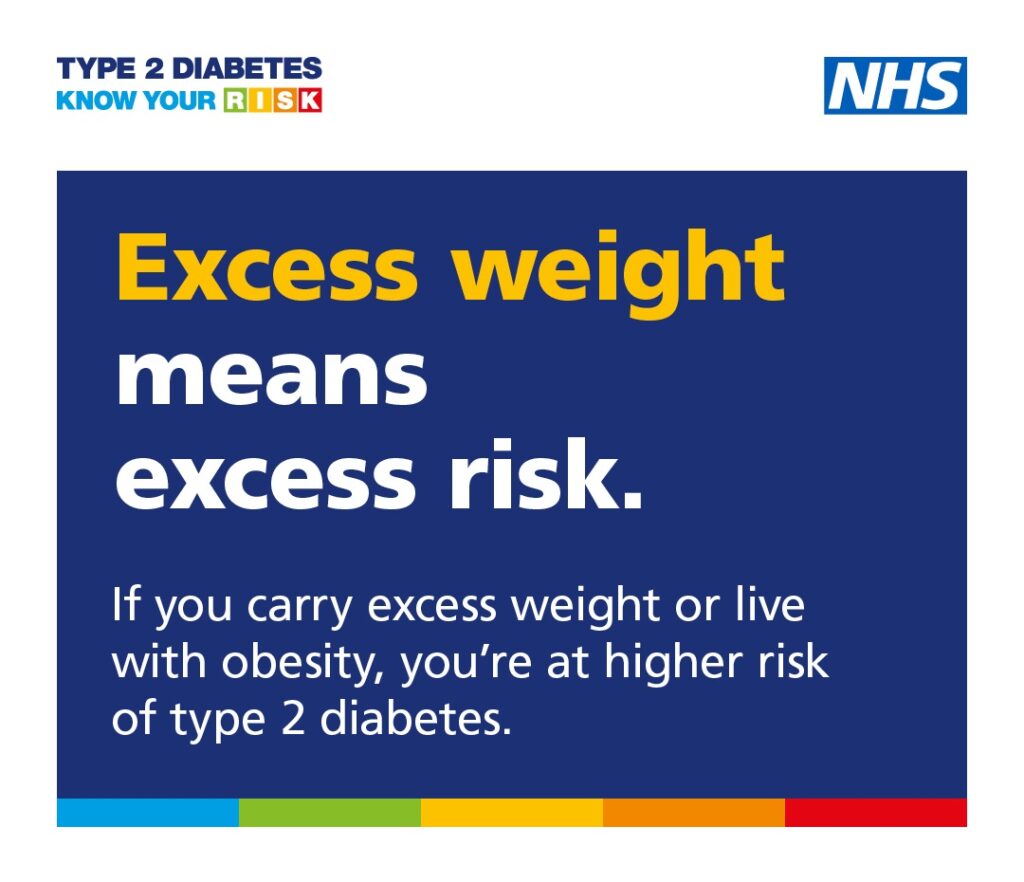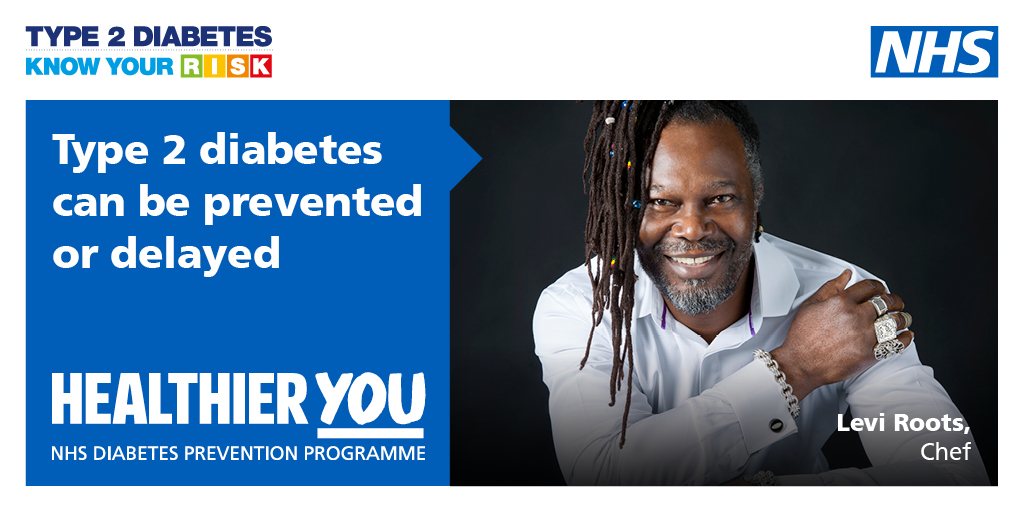We offer patients practical advice and support in helping to understand and control their diabetes. Via a routine appointment you will be assessed, we will offer you advice, any queries you have will be answered and a correct management plan will be ensured.
Patients with diabetes should be reviewed annually. These appointments currently consist of having a routine non-fasting blood test, a face to face appointment with a nurse or HCA for routine checks and a follow up telephone slot with the GP to discuss the results of your blood test and to discuss possible diabetic medication changes.
The surgery will contact you for this when you are due an appointment but If you have not had your diabetic review in the past year or wish to alter a diabetic appointment please contact Kathryn Dexter via our reception on 01827 713664.
It’s time to get serious

Diabetic Eye Screening
The patient portal is an online platform where patients can book, cancel and review their Diabetic eye screening appointments.
The patient portal will also allow patients to view their results as soon as they have been graded.
The patient portal uses NHS login which many people set up during the COVID pandemic.
Manage your diabetic eye screening appointments online with the patient portal: https://portal.ahwdesp.co.uk
There are two main types of diabetes
Type 1 diabetes and Type 2 diabetes. Type 2 diabetes is far more common than Type 1. In the UK, around 90% of all adults with diabetes have Type 2 and is one of the biggest healthcare challenges of our time.
Every two minutes someone finds out that they have type 2 diabetes. If current trends persist, 1 in 10 people will develop type 2 diabetes by 2030.
What is type 2 diabetes?
Type 2 diabetes occurs when the body either doesn’t produce enough insulin or the insulin it does produce doesn’t work properly (insulin resistance). It can be a combination of both.
Diabetes can cause serious long-term health problems. It’s a leading cause of vision loss in people of working age. It’s also responsible for most cases of kidney failure, nerve damage and foot problems or lower limb amputation (other than accidents). People with diabetes are also at least twice as likely to develop heart disease or have a stroke than those without diabetes. Furthermore, the risk of COVID-19 related in-hospital death is doubled by Type 2 diabetes. Diabetes is found in nearly one third of people who die with COVID-19.
It’s therefore essential to be diagnosed as early as possible because Type 2 diabetes is likely to get worse if left untreated. Early diagnosis and treatment may also reduce the risk of developing complications later on.
What are the risk factors for type 2 diabetes
You could be more at risk than you think
Anyone can develop Type 2 diabetes, but certain factors can increase your risk.
Type 2 diabetes risk factors:
- Your age. The older you are, the greater your risk is likely to be. However, those from the ethnic groups outlined below tend to be at risk at a younger age.
- Your family history. You’re two to six times more likely to get Type 2 diabetes if you have a parent, brother, sister or child with Type 2 diabetes.
- Your ethnicity. You’re more likely to get Type 2 diabetes if you’re over 25 and from a Chinese, South Asian, Black Caribbean or Black African ethnic background.
- Your weight. You are more at risk of Type 2 diabetes if you carry excess weight or have obesity.
- Your blood pressure. You’re more at risk if you’ve ever had high blood pressure
You’re also more at risk if:
- You’ve ever had a heart attack or stroke.
- You’ve ever had schizophrenia, bipolar disorder or depression, or if you are receiving treatment with anti-psychotic medication.
- You’re a woman who’s had polycystic ovarian syndrome, gestational diabetes, or a baby weighing over 10 pounds.
You can’t change some of these risk factors. But others you can.

What Can I Do?
It’s very important that you find out if you are at high risk of Type 2 diabetes so you can get support to lower your risk. You may even be eligible for a free local Diabetes Prevention Programme.
The first thing you need to do is to find out if you are at risk of developing the condition. You can do this by using the Diabetes UK risk tool. The tool will take a few minutes and could be the most important thing you do today. You’ll be asked a series of questions to identify if you are at a low, moderate or high risk of developing Type 2 diabetes. Make sure to have a tape measure handy as you’ll need to measure your waist.
If someone is at moderate to high risk, the tool will advise them to contact their GP practice for a blood test. If their blood sugar levels show they’re at risk of developing type 2 diabetes (called pre-diabetes or non-diabetic hyperglycaemia), then they may be eligible for referral to their local Diabetes Prevention Service.
Check your risk on the link below. It could be the most important thing you do today.
Do it for yourself and also do it for the people who care about you.
Making changes now can lower your risk of developing type 2 diabetes.

What support is available
We know it can be tough to make lifestyle changes but with the right help it is possible to make the simple changes that can significantly reduce your risk.
There are a range of local services designed to help you. The main three are The Healthier You NHS Diabetes Prevention Programme, Desmond Diabetes Prevention and Healthy living for people with type 2 diabetes
Please take a look below to read more about these services and how they can best help you.